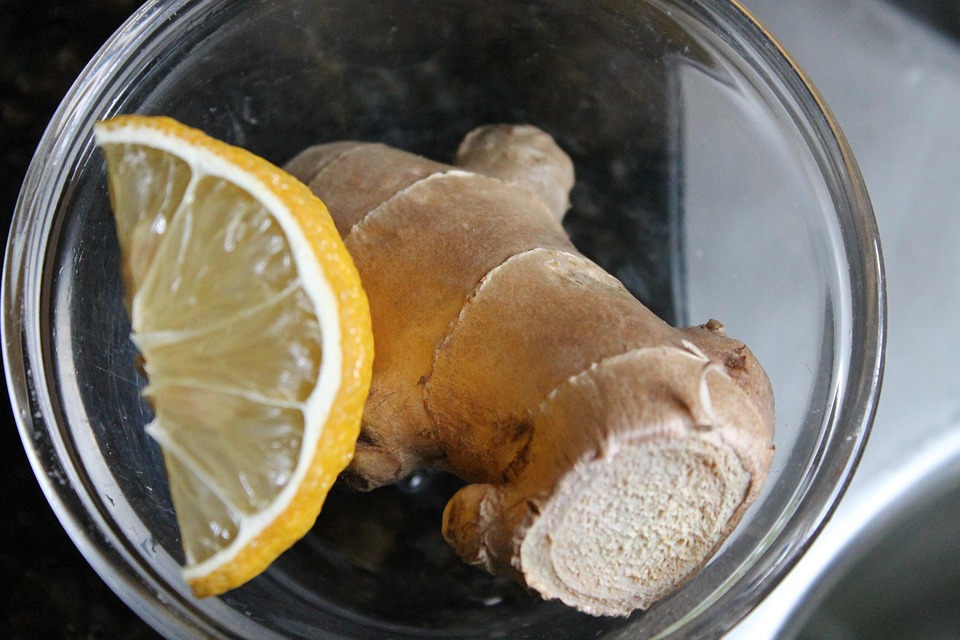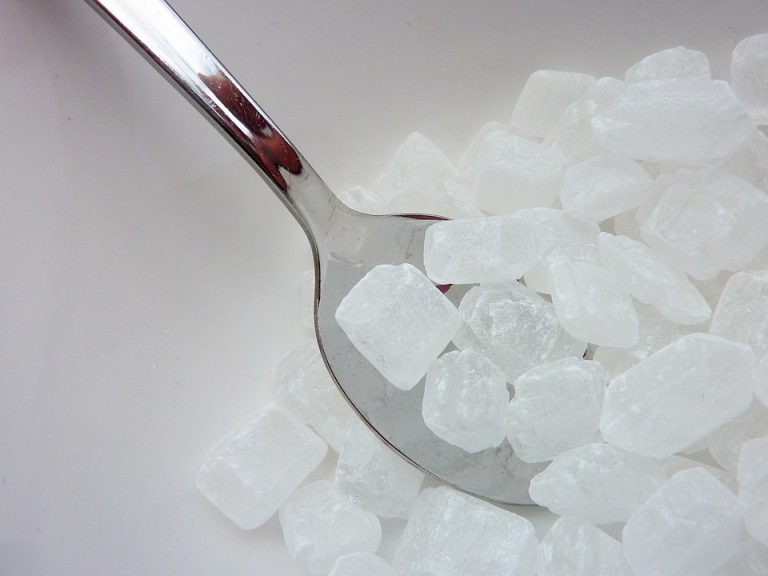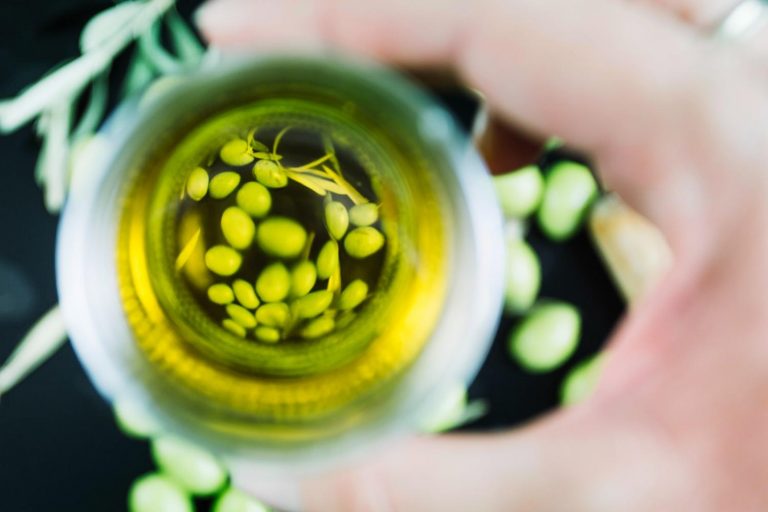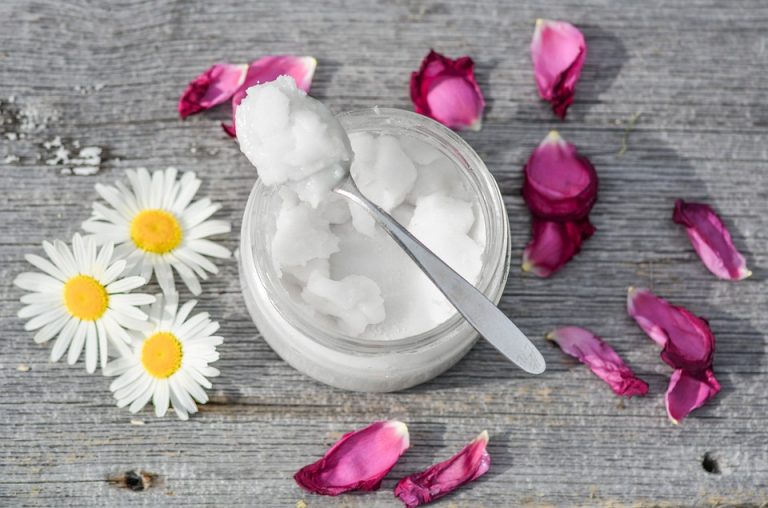Have you ever taken a bite of ginger or sipped on some lemon water and thought, “Wow, this is doing wonders for my skin!”? Well, it turns out, you might just be onto something. Both ginger and lemon have been celebrated for their health benefits for centuries, but when it comes to skincare, they’re often overlooked. Let’s dive into how these two powerhouse ingredients can help you achieve that radiant glow you’ve been dreaming of.
Contents
Why Ginger and Lemon?
Before we get into the remedies, let’s break down what makes ginger and lemon such a dynamic duo for skin health.
Ginger: The Spicy Wonder
Ginger isn’t just a kitchen staple; it’s packed with antioxidants and has anti-inflammatory properties. According to a study published in the Journal of Medicinal Food (2016), ginger can help protect skin cells from oxidative stress, which is a leading cause of aging. Who wouldn’t want to fight off those pesky wrinkles?
Lemon: The Citrus Savior
Lemon, on the other hand, is a fantastic source of vitamin C, which is crucial for collagen production. A study in the American Journal of Clinical Nutrition (2007) highlights that vitamin C not only helps in skin repair but also brightens the complexion. Plus, its natural astringent properties can help reduce excess oil and acne.
Now that we’ve set the stage, let’s explore five refreshing remedies that combine ginger and lemon for that coveted radiant skin.
1. Ginger and Lemon Face Mask
What You’ll Need:
- 1 tablespoon of fresh ginger juice
- 1 tablespoon of lemon juice
- 1 tablespoon of honey (for added moisture)
How to Use:
- Mix all the ingredients in a bowl.
- Apply the mixture to your clean face, avoiding the eye area.
- Leave it on for about 15-20 minutes.
- Rinse off with lukewarm water.
Why It Works:
Honey is a humectant, meaning it draws moisture into the skin, making this mask incredibly hydrating. The ginger helps to soothe inflammation while the lemon brightens your complexion. Regular use (once a week) can help diminish dark spots and leave your skin glowing.
Pros and Cons:
- Pros: Hydrating, brightening, soothing.
- Cons: Lemon can be irritating for sensitive skin, so a patch test is recommended.
2. Ginger-Lemon Detox Drink
What You’ll Need:
- 1 cup of warm water
- Juice of half a lemon
- 1 teaspoon of grated ginger
- Honey to taste (optional)
How to Use:
- Combine all the ingredients in a glass.
- Stir well and drink first thing in the morning.
Why It Works:
This detox drink not only helps to flush out toxins but also promotes digestion. A healthy gut means healthy skin! Plus, hydrating your body from the inside out is key to achieving that radiant glow.
Pros and Cons:
- Pros: Boosts hydration, aids digestion, supports skin health.
- Cons: Too much lemon can erode tooth enamel; consider using a straw.
3. Ginger and Lemon Exfoliating Scrub
What You’ll Need:
- 2 tablespoons of sugar (brown or white)
- 1 tablespoon of ginger juice
- 1 tablespoon of lemon juice
- 1 tablespoon of olive oil (for moisture)
How to Use:
- Mix all the ingredients in a bowl to form a paste.
- Gently scrub your face in circular motions for about 2-3 minutes.
- Rinse with lukewarm water and follow up with your favorite moisturizer.
Why It Works:
The sugar acts as a natural exfoliant, removing dead skin cells while ginger and lemon work their magic to brighten and rejuvenate your skin. This scrub can help improve texture and promote a fresh glow.
Pros and Cons:
- Pros: Exfoliates, brightens, smooths skin texture.
- Cons: Over-exfoliation can irritate the skin; limit to once a week.
4. Ginger and Lemon Spot Treatment
What You’ll Need:
- 1 tablespoon of fresh ginger juice
- 1 tablespoon of lemon juice
- A few drops of tea tree oil (optional for acne)
How to Use:
- Mix the ingredients in a small bowl.
- Apply directly to blemishes or dark spots using a cotton swab.
- Leave on for 10-15 minutes and rinse off.
Why It Works:
The antibacterial properties of ginger and tea tree oil can help reduce acne, while lemon’s brightening properties can diminish dark spots. This targeted approach can be a game changer for anyone struggling with uneven skin tone.
Pros and Cons:
- Pros: Targets blemishes, brightens dark spots, easy to apply.
- Cons: Can be drying; use a moisturizer afterward.
5. Ginger-Lemon Hydrating Mist
What You’ll Need:
- 1 cup of distilled water
- Juice of half a lemon
- 1 teaspoon of grated ginger
- A few drops of essential oil (like lavender for scent)
How to Use:
- Combine all ingredients in a spray bottle.
- Shake well before each use.
- Mist your face throughout the day for a refreshing boost.
Why It Works:
This hydrating mist not only refreshes your skin but also delivers the benefits of both ginger and lemon. It’s perfect for hot days or whenever your skin needs a little pick-me-up.
Pros and Cons:
- Pros: Refreshing, hydrating, can be used anytime.
- Cons: Short shelf life; store in the fridge and use within a week.
Frequently Asked Questions
1. Can I use ginger and lemon on sensitive skin?
Yes, but proceed with caution. Always do a patch test first, as lemon can be irritating for some skin types.
2. How often should I use these remedies?
For masks and scrubs, once a week is generally sufficient. The detox drink can be enjoyed daily.
3. Are there any side effects to using lemon on the skin?
Lemon can increase sensitivity to sunlight, so it’s best to use it at night or always apply sunscreen if you’re using lemon during the day.
4. Can I substitute fresh ginger with powdered ginger?
While fresh ginger is more potent and beneficial, you can use powdered ginger in a pinch, but the effects might not be as strong.
Conclusion
Incorporating ginger and lemon into your skincare routine can be a fun and effective way to achieve that radiant glow we all crave. Whether you’re whipping up a face mask, sipping on a detox drink, or spritzing a hydrating mist, these natural ingredients offer a multitude of benefits.
Remember, though, that everyone’s skin is different. What works wonders for one person might not for another. So, take the time to experiment and find what feels best for you. Your skin will thank you!
Just a quick reminder: This article is for educational purposes only and is not a substitute for professional medical advice. Always consult a qualified healthcare provider before making changes to your health routine.
References
-
Shukla, Y., & Singhal, J. (2016). Ginger: A potential herb for the treatment of various skin disorders. Journal of Medicinal Food, 19(6), 532-536. https://doi.org/10.1089/jmf.2016.0013
-
Carr, A. C., & Maggini, S. (2017). Vitamin C and Immune Function. Nutrients, 9(11), 1211. https://doi.org/10.3390/nu9111211
-
Mayo Clinic. (n.d.). Vitamin C. Retrieved from https://www.mayoclinic.org/drugs-supplements-vitamin-c/art-20364676
Get Your FREE Natural Health Guide!
Subscribe now and receive our exclusive ebook packed with natural health tips, practical wellness advice, and easy lifestyle changes, delivered straight to your inbox.




